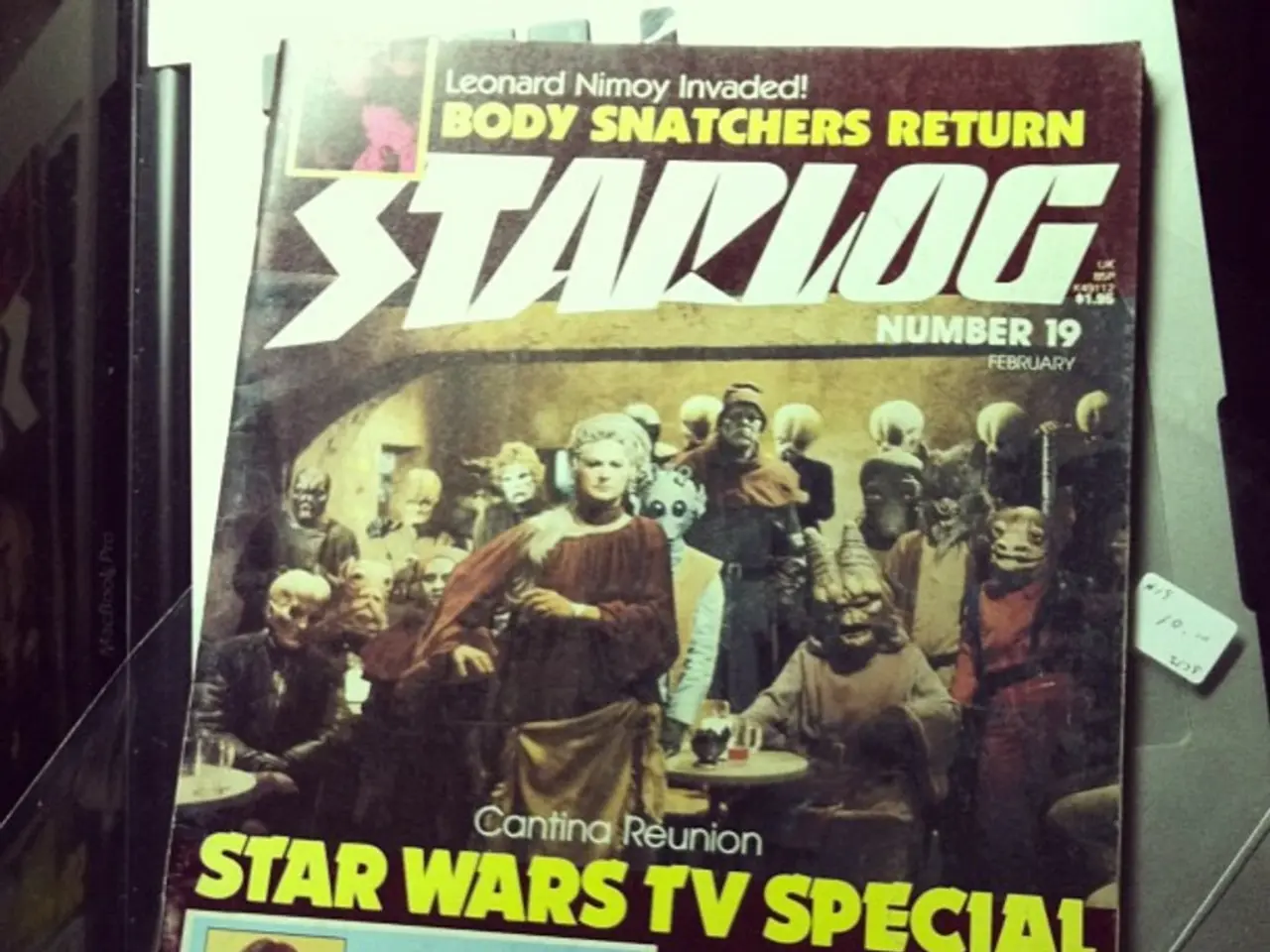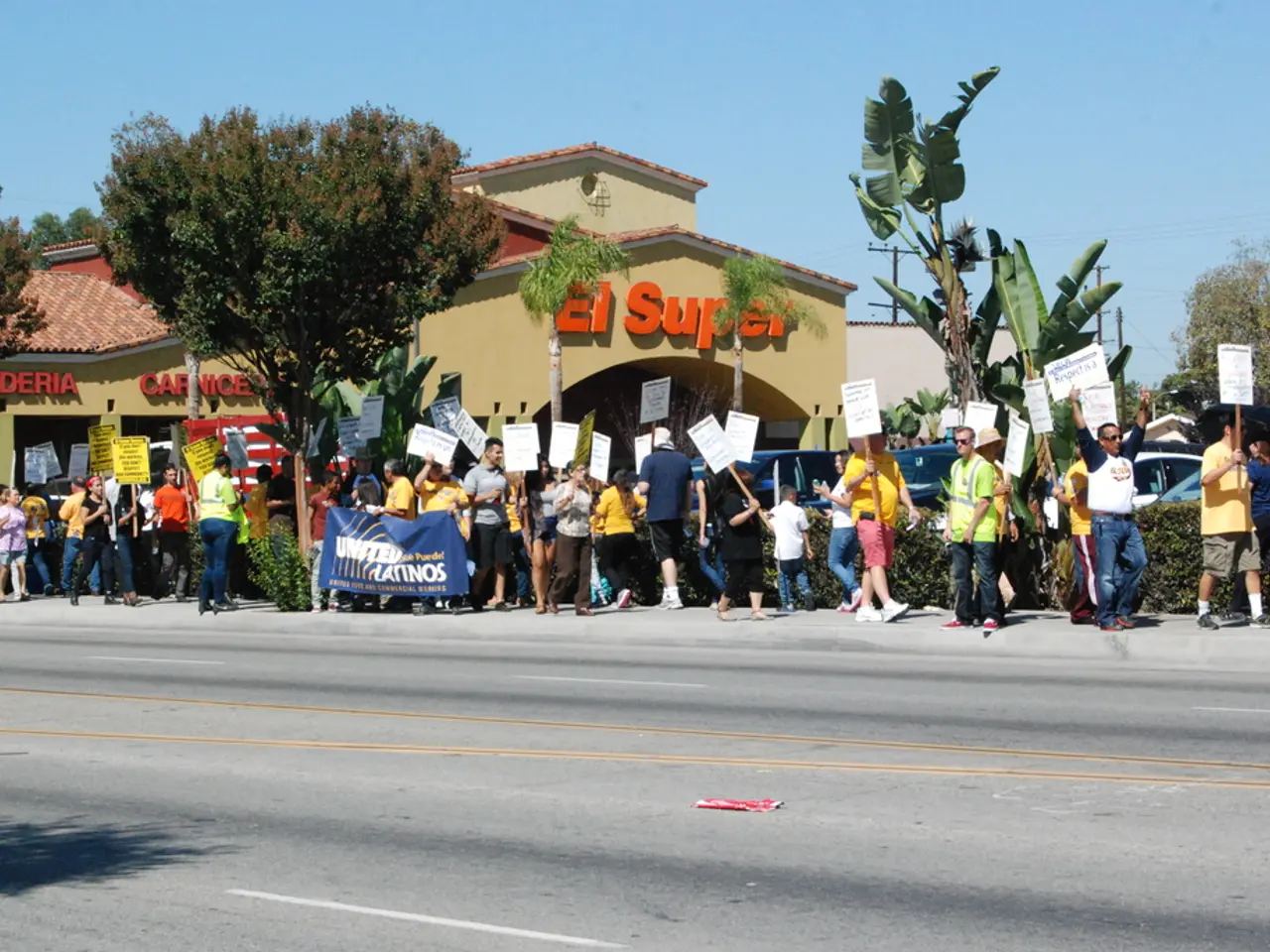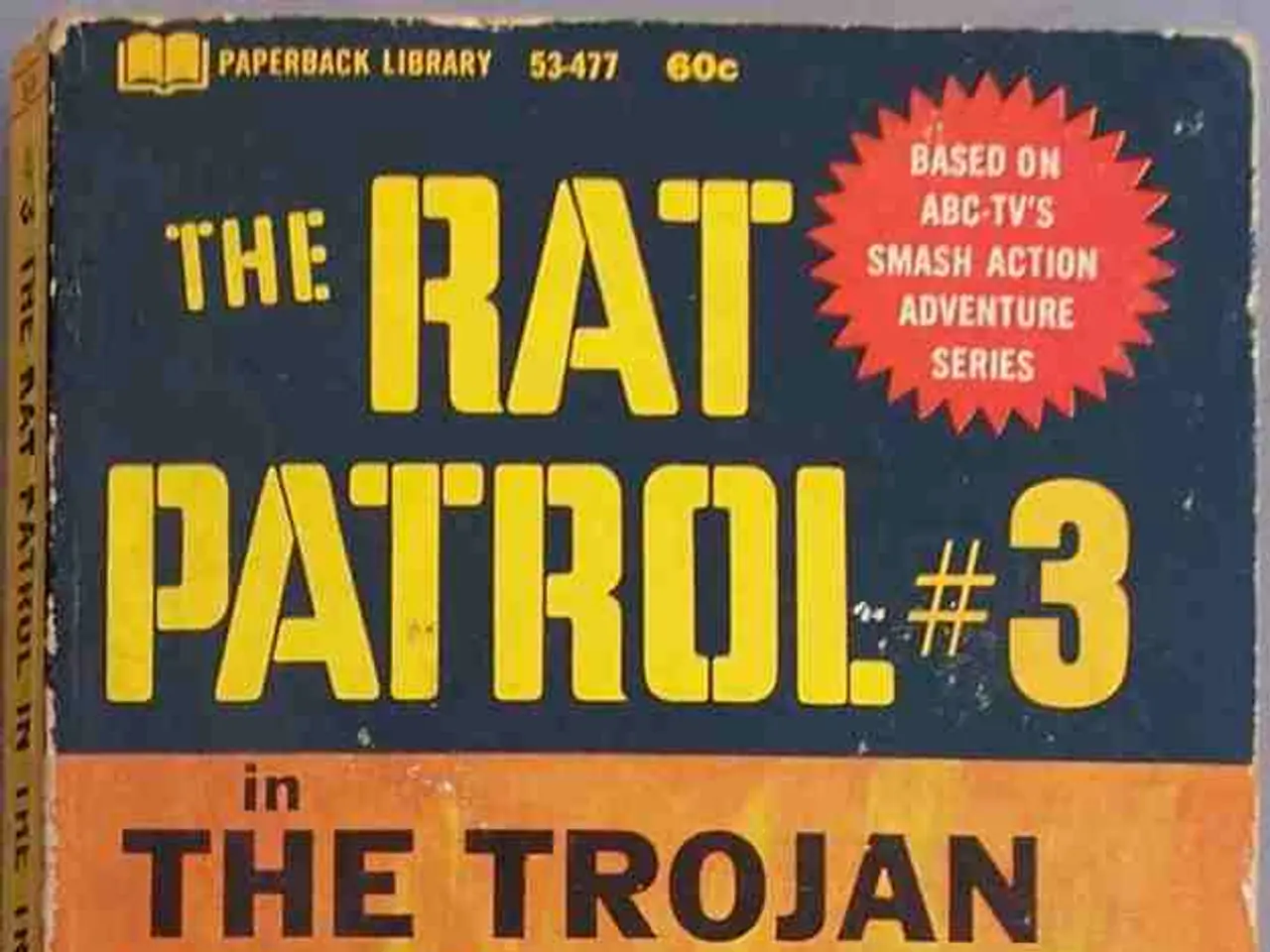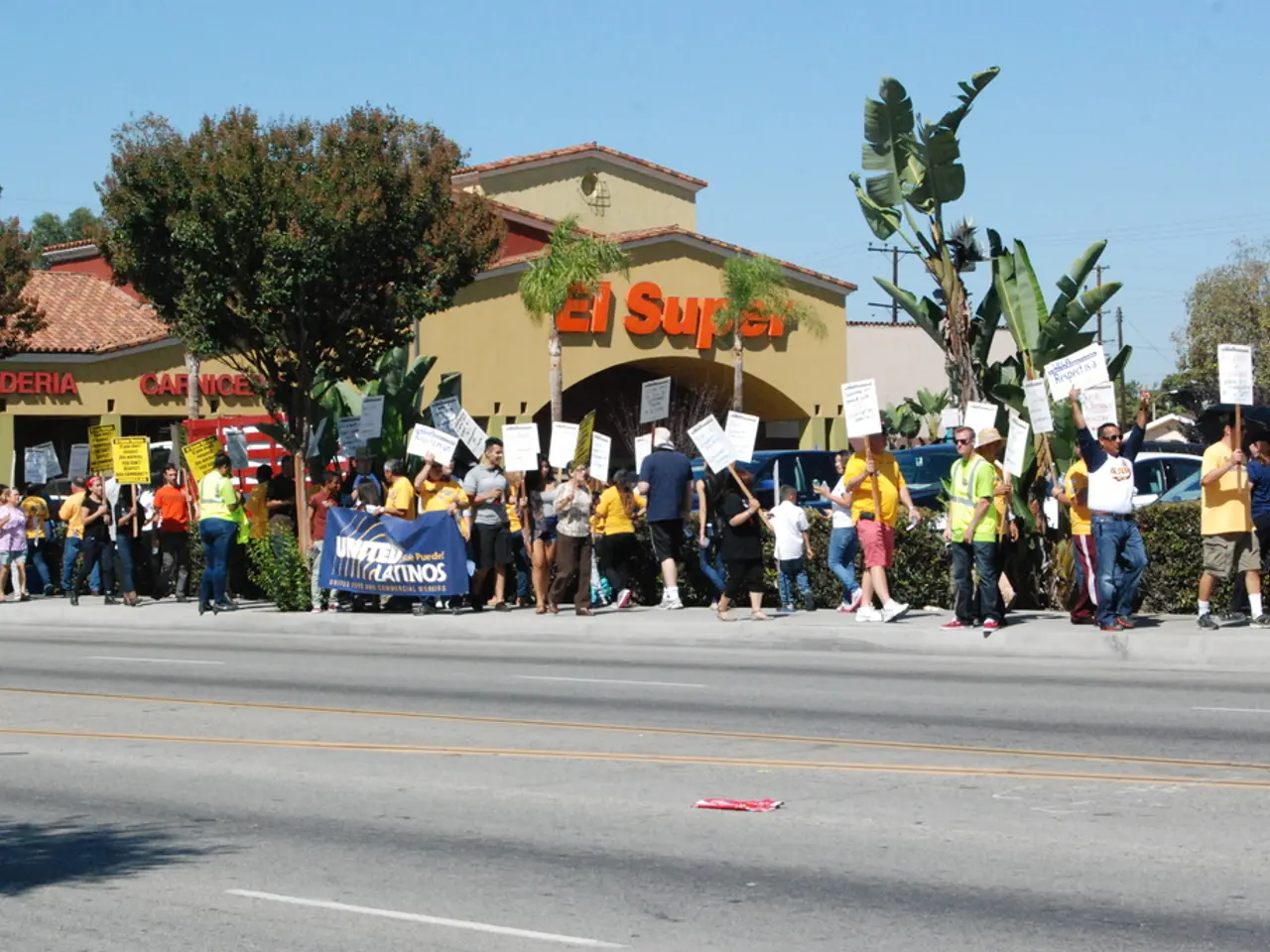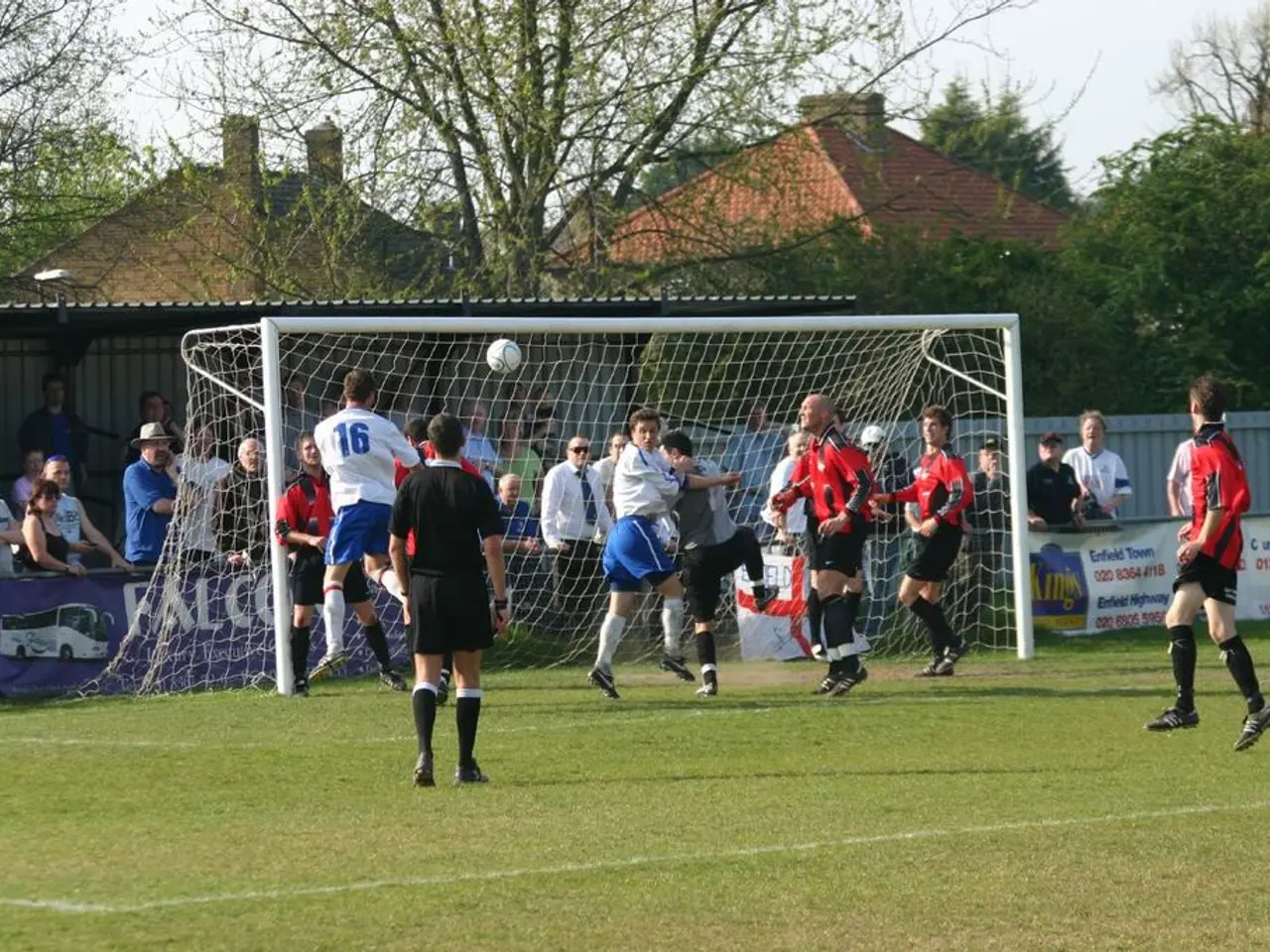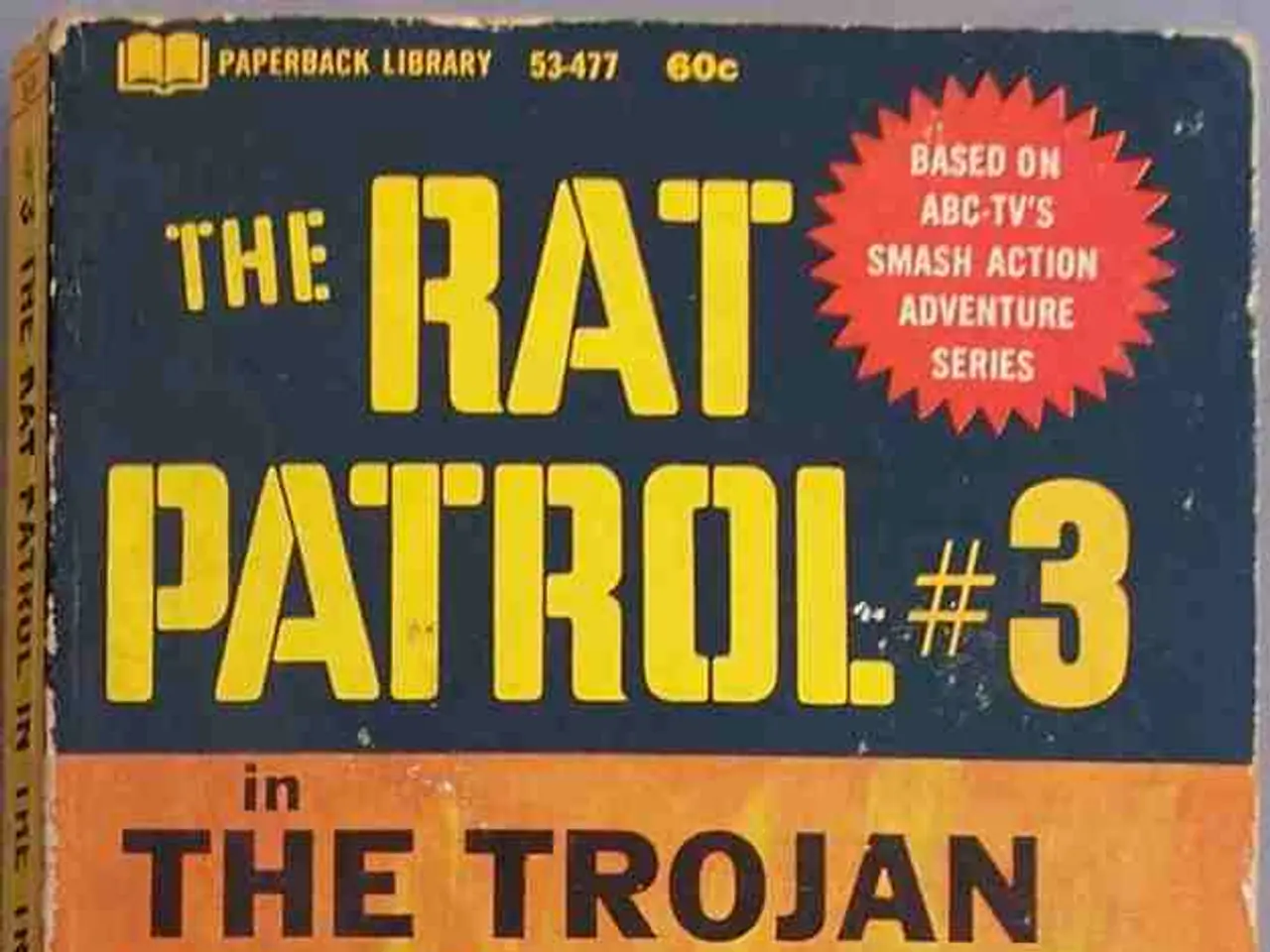Unsolved Enigma: The JFK Assassination Remains a Persistent Puzzle in U.S. History
In the annals of American history, few events have left a lasting impression like the assassination of President John F. Kennedy on November 22, 1963. Sixty years later, the JFK assassination remains a subject of fascination and debate, largely due to unresolved questions, official mistrust, and numerous conspiracy theories that challenge the official narrative.
The assassination was a shocking and traumatic event, broadcast live and nationally, instantly leaving the American public stunned and grieving. The official investigation, the Warren Commission, concluded that Lee Harvey Oswald acted alone with no clear motive. However, this report has been widely rejected or doubted, fueling speculation about conspiracies involving the CIA, Mafia, or political figures.
The killing of Oswald shortly after arrest by Jack Ruby on live TV further added a layer of mystery and suspicion around attempts to silence the truth. Over the decades, declassified CIA and FBI documents and investigative leads have suggested the possibility of more complex intelligence involvement and conspiracies, but key records remain classified or incomplete.
Public trust in the government declined notably after the assassination and related events (Vietnam War, Watergate), with the JFK case becoming a powerful symbol of government secrecy and deception. Family members, such as JFK Jr., reportedly pursued their own investigations, convinced that the full truth was never revealed and that powerful interests escaped justice.
The ongoing promotion of conspiracy theories by various political actors and media has kept the topic in public discourse as a symbol of deeper political and social conflicts. Intriguing episodes like threats to Oswald before the assassination, and unusual circumstances around key witnesses and officials, keep researchers and the public questioning the official story.
The Kennedy assassination is a potent mix of historical tragedy, political intrigue, and enduring doubt — reasons why it continues to captivate and provoke debate decades later. Despite recent disclosures of documents from the National Archives, it is unlikely that they will quell the Kennedy curiosity. The author expresses doubt that there is more to disclose about the Kennedy assassination, but the ongoing appeal of the Kennedy Assassination is undeniable, with social media filled with researchers poring over newly released documents.
The Kennedy assassination is often associated with the Age of Camelot, a time of optimism and social progress. However, Kennedy's presidency was marked by events such as the Bay of Pigs invasion fiasco, the Cuban Missile Crisis, the construction of the Berlin Wall, and America's ongoing involvement in Vietnam. Kennedy's support for civil rights was tepid at times, adding another layer of complexity to the Kennedy legacy.
In conclusion, the Kennedy assassination is an outlier in the American psyche that continues to arouse curiosity and spirited debate over 60 years after it happened. Its enduring appeal is attributed to American optimism and the desire for a good story, as well as the unresolved questions and official mistrust that surround the event. As new documents are released and research continues, the Kennedy assassination will likely remain a topic of interest for generations to come.
References:
[1] National Archives (2023). JFK Assassination Records Collection. [online] Available at: https://www.archives.gov/research/jfk [Accessed 2023].
[2] Church Committee (1975). Final Report of the Select Committee to Study Governmental Operations with Respect to Intelligence Activities. [online] Available at: https://www.archives.gov/research/jfk/documents/church-committee-report [Accessed 2023].
[3] JFK Jr. (1996). George magazine. [online] Available at: https://www.george-magazine.com/archives/jfk-jr/ [Accessed 2023].
[4] CNN (2023). JFK assassination: A timeline. [online] Available at: https://www.cnn.com/interactive/2013/11/us/jfk-assassination-timeline/ [Accessed 2023].
[5] Gerald Posner (1993). Case Closed: Lee Harvey Oswald and the Assassination of JFK. [online] Available at: https://www.goodreads.com/book/show/18544.Case_Closed [Accessed 2023].
Crime fiction novels often incorporate elements of the Kennedy assassination, exploring unanswered questions, political intrigue, and conspiracy theories. General news headlines continue to report new findings and research that challenge the official narrative of the assassination, keeping the event relevant in today's crime-and-justice discussions.
